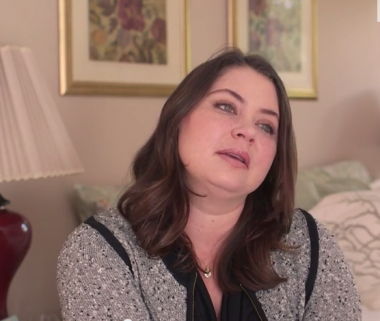Brittany Maynard death inspires California drive to legalise assisted suicide

California lawmakers introduced a bill on Wednesday to legalise assisted suicide in the most populous US state, an effort tearfully welcomed by a woman whose daughter moved to Oregon last year to avail herself of a death-with-dignity law there.
The bill proposed by two Democratic state senators is similar to the physician-assisted suicide statute approved by Oregon voters in 1994. As in Oregon, it would require a determination from two doctors that a patient has six months or less to live before a drug to hasten death could be prescribed.
The California bill also would emulate Oregon's law by requiring a patient seeking life-ending medical assistance to present two separate requests to an attending physician and for two witnesses to attest to the patient's wish to die.
Sponsors of the legislation were joined at a news conference in Sacramento by Debbie Ziegler, whose daughter, Brittany Maynard, moved from the San Francisco Bay Area to Portland, Oregon, after she was diagnosed with terminal brain cancer.
Maynard, 29, became the face of the right-to-die movement as she shared her feelings about her impending death on the Internet and was featured on the cover of People magazine before she ended her life on November 1.
Maynard's death gave increased momentum to legalising assisted suicide, which is opposed by some advocates for the elderly and the disabled. They say making that option available could lead vulnerable people to end their lives prematurely.
Critics cite concerns that some patients might end up being "steered" toward assisted suicide if insurers deny or even delay coverage for costly life-sustaining medical treatments.
Since Maynard went public with her diagnosis in October, lawmakers have pledged to introduce assisted suicide legislation in 13 states, according to the office of California Senator Bill Monning, who co-authored the bill in Sacramento. In addition to Oregon, such laws are on the books in Washington state, Vermont and Montana.
"Stand up and make your voice heard, even if it shakes like mine. Please help me carry out my daughter's legacy," Ziegler said, adding that her daughter gained a measure of peace from knowing she could end her life on her own terms.
She recalled taking an Alaska cruise with her daughter and gazing into tide pools.
"For those minutes of time, she forgot that she was dying and she just lived," Ziegler said.











